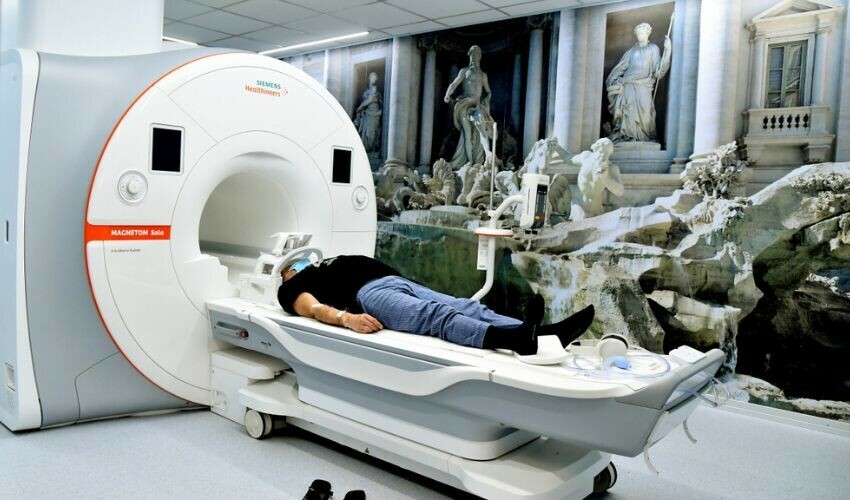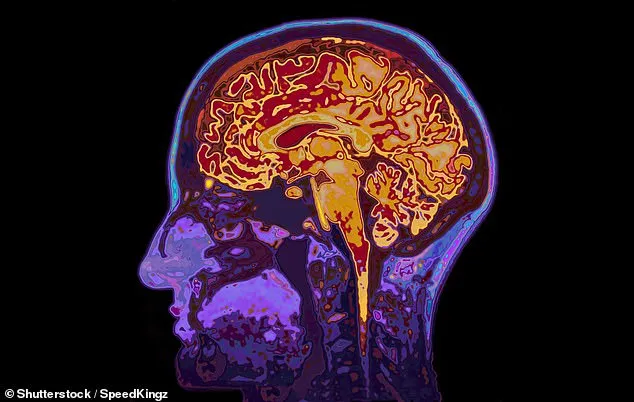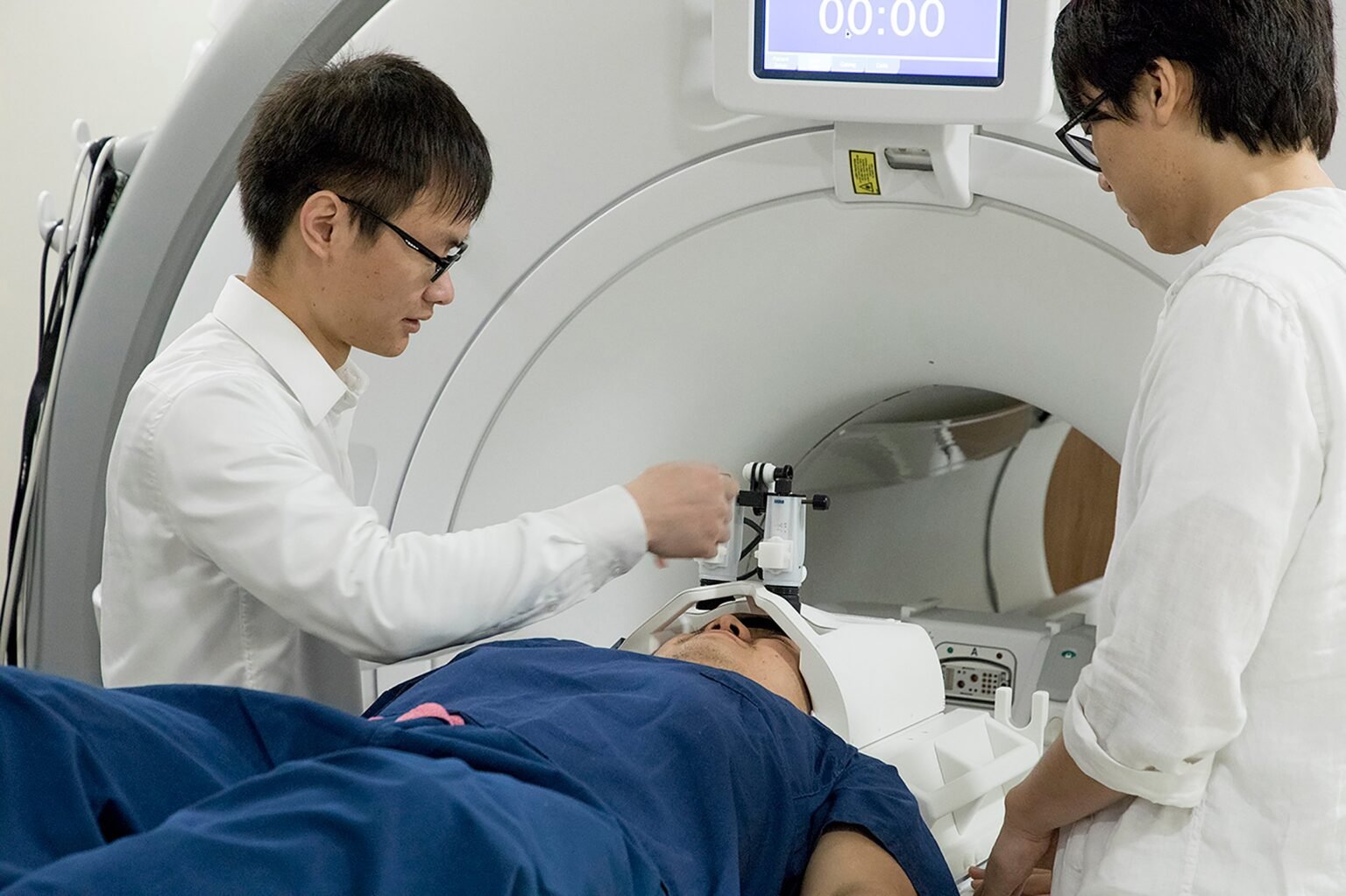Scientists From the University of Texas, Developed Al-Powered Algorithm to read the thoughts of individuals.
With the use of an AI-powered model specifically created to decode brain scans, scientists can now “read” your thoughts.
The University of Texas’s non-invasive innovation may enable those who are unable to talk or write to communicate for the first time. The approach, though, instantly decodes the language.

The process reconstructs arbitrary stimuli that a person hears or thinks into natural language by feeding functional magnetic resonance imaging (fMRI) to the algorithm.
For instance, individuals heard narrated stories as scientists used fMRI to scan the parts of the brain connected to natural language. The scan data was then sent into an AI-powered decoder, which produced a summary of what the person had been listening to.

This process has only been done thus far by implanting electrodes in the brain.
The new model analyses the scans to give an idea or summary of a patient’s thoughts, but it cannot translate their ideas word for word.
The first non-invasive method to read brain signals is this one. Until recently, the only method for accomplishing this was by placing electrodes into the brain.
According to Popular Mechanics, our brains divide complex ideas into smaller chunks that each corresponds to a different component of the overall idea.

The ideas may be as straightforward as a single word, such as “dog,” or they may be more complicated, such as “I have to go to the dog.”
In addition, the brain has its own alphabet made up of 42 different components, each of which refers to a distinct concept, such as size, colour, or location. Our complex thoughts are formed by combining all of these components.
Because each “letter” is handled by a different part of the brain, it is feasible to interpret someone’s thoughts by integrating all the various components.


